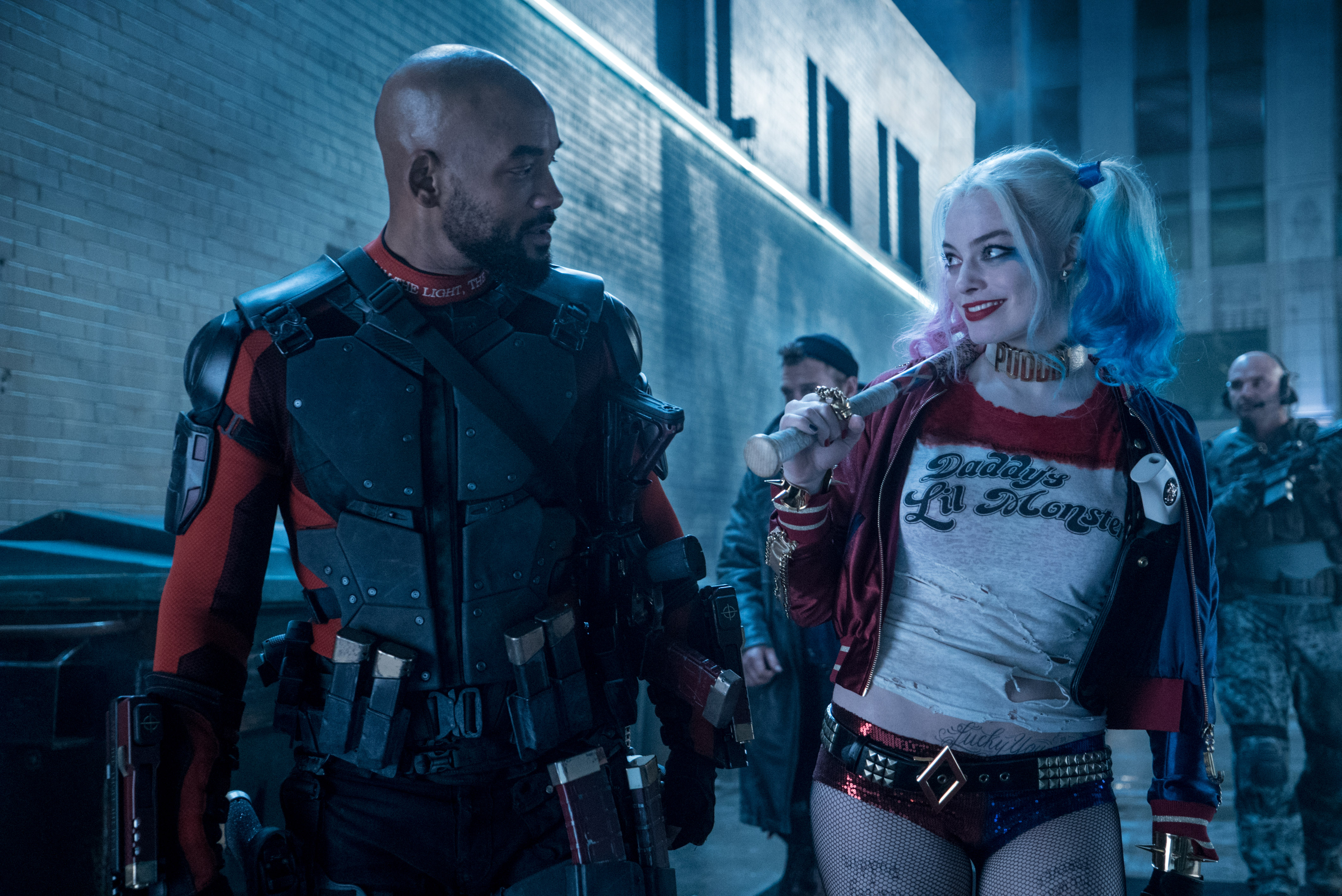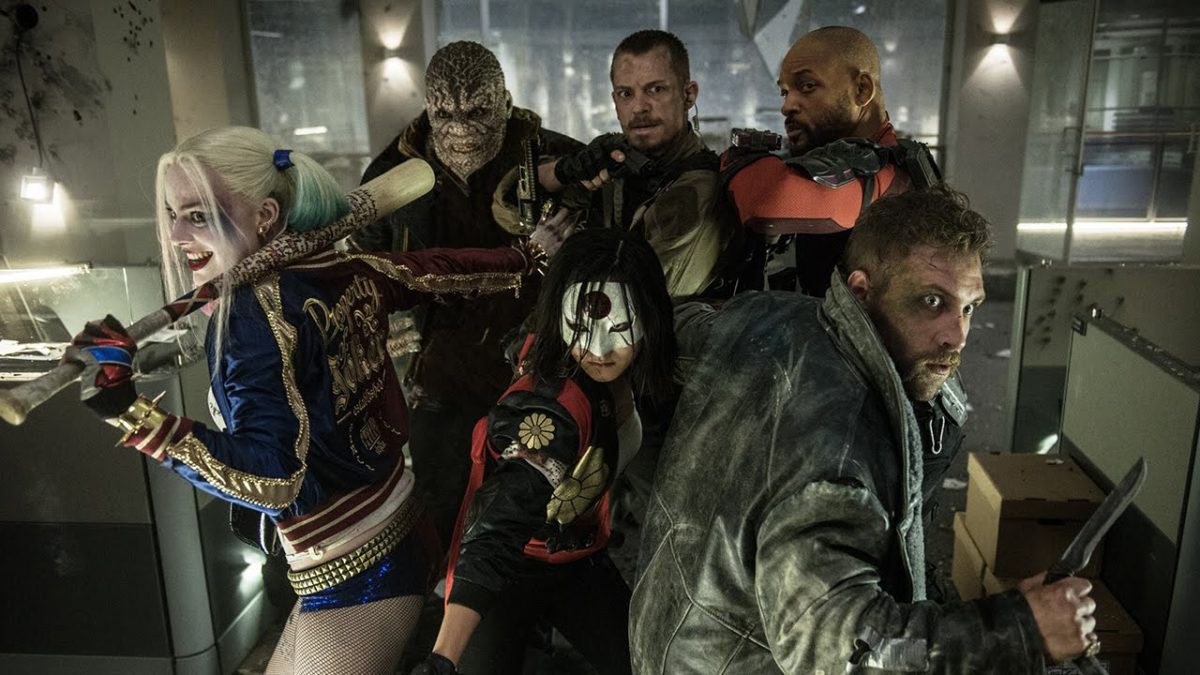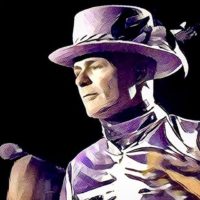There’s been a great deal of online debate lately over the current climate of Hollywood blockbusters – in large part due to the combative studio vs studio nature of comic book adaptations.
Warner Bros. (DC Comics) vs Disney (Marvel Comics) vs Sony (Marvel’s Spider-Man without Marvel’s creative involvement) vs Fox (Marvel’s X-Men without Marvel’s creative involvement).
Some have voiced their concerns that comic book movies are shallow and formulaic (in many cases forced into repetitive “origin stories” that don’t truly differ much from each other). Though many often cite examples of works that transcend this idea to become much more narratively or psychologically intriguing pieces of work: such was the case with Christopher Nolan’s Dark Knight Trilogy of Batman films, and Marvel’s Captain America: The Winter Soldier which was an unexpected 70’s spy thriller-inspired masterpiece.
Marvel has taken note of this trend, and with their upcoming slate of films they suggest things will start to become much more interesting now that all of the so-called pieces are in play.
But I’m not here to talk about Marvel. As much as I’m a Marvel fan, I’m also a huge DC comics fan – Batman in particular, though my first real understanding of Superman came from the 1990s Bruce Timm / Paul Dini animated series, which was then followed by 5 seasons of Justice League. DC has found some modicum of success in the live-action television realm with their Green Arrow and Flash adaptations, now expanding into the time-hopping team-up series Legends of Tomorrow (something of a Justice League-lite), and getting back the broadcast rights to Supergirl from CBS to include her stories and characters into the same cohesive narrative universe.
The film world – on the other hand – is being kept separate (in another universe entirely perhaps?) and this seems to be to the detriment of everyone involved – largely because Warner Bros. does not allow DC full creative control over their film properties in the way that Disney does for Marvel. Marvel has the distinction of having Kevin Feige as the President of Marvel Studios – a man who has had oversight over their “cinematic universe” since it was first launched in 2008 with the first Iron Man film. This has allowed Feige to steer the ship along a specific narrative path that will gradually culminate its third phase with the massive crossover film Avengers: Infinity War in 2018 and continue onward from there with a plan that as of 2014 extended as far into the future as 2028.
DC has been itching to catch up, but only recently promoted DC Comics’ Chief Creative Officer Geoff Johns to the role of President of DC Entertainment – in effect a similar overseer position to Feige – in hopes of creating better cohesion and foresight across all of their film properties. But because this was not done from the start, and the films up until this point have been at the creative behest of the flash-over-substance stylings of director Zack Snyder, many DC fans are feeling like the company is way off track by trying to cram way too many characters and plots into the films before they have been properly earned.
This brings us to the latest DC film installment: Suicide Squad.
Essentially a “Dirty Dozen / Expendables” with comic book villains, the plot is simple enough: a handful of random Batman/DC comics rogues are rounded up by a government black ops force called A.R.G.U.S commanded by Amanda Waller (Viola Davis), implanted with microchips/bombs in their heads and forced to join an elite team called Task Force X (nicknamed the Suicide Squad) to be deployed on the deadliest assignments. The film itself was directed by David Ayer (Training Day, Fury, The Fast & The Furious), stars Deadshot (Will Smith), Harley Quinn (Margo Robbie), and Rick Flagg (Joel Kinnaman) and was filmed in Toronto over what felt like close to two years (because it was constantly blocking traffic) – so as a Torontonian, and a fan of David Ayer I was keen on the idea of seeing my city re-purposed for a comic book universe by a director I admired.
But I was apprehensive: critical reviews in advance were not great – with an online movement rising up in an attempt to “destroy” review website Rotten Tomatoes in particular as a result.
The film was also marred by reports of massive re-shoots – not entirely uncommon with Hollywood blockbusters – though here, supposedly the result of the studio executives being unhappy with the tone of the final edit that Ayer had turned in and the two sides butting heads over how the final film should be presented. Add to this, former employees publicly denouncing the way that the studio has been handling the properties, and Jared Leto complaining that a large portion of his work as Batman’s arch-nemesis The Joker had been cut from the film, and you’ve got the key ingredients of a potential shit-show waiting to happen.
One might think that these re-shoots were the result of executives panicking over having two massive flops before they’d even gotten their franchise off the ground (so to speak… Superman CAN “leap tall buildings in a single bound” after all). DC’s previous film Batman v. Superman: Dawn of Justice (who came up with that name? ugh…) had done terribly at the box office compared to how the studio had anticipated – falling short of the $1 billion mark they needed to make a profit after all the marketing expenses. But that film had been butchered: with the recently-released director’s cut restoring nearly 45 minutes of additional footage and story that filled in many – if not most – of the plot holes and problems that many viewers had with the theatrical version (Jesse Eisenberg though… Lex Luthor isn’t the Joker, man. THIS is Lex Luthor).
Walking into Suicide Squad, I had extremely low expectations – I hoped for a fun ride, but not much in the way of story development: I was pleasantly surprised.
WARNING SPOILERS TO FOLLOW
***

So Deadshot is a world-class assassin, Harley Quinn is the Joker’s psychiatrist-turned-psychotic lover, and Rick Flagg is the commander put in charge of Task Force X by Amanda Waller – all-in-all a solid premise and solid actors. The first third of the film sees the group assembled with a rag-tag ensemble of other DC Villains to combat The Enchantress: a literal witch from another dimension who was once worshiped in South America as a god hundreds of years ago, but has returned now by possessing the body of the archaeologist who found her tomb and – inexplicably – snapped open the artifact jar that contained her spirit…
First strike. You’ve just shown us that you have no idea how archaeology works (also – she was cave spelunking solo? And I thought I worked with little-to-no funding…).
The Enchantress also wouldn’t have been able to become the villain of the film if Amanda Waller hadn’t tried to control her in the first place by holding her ancient, physically-decrepit heart in a high-tech lock box of sorts – so there’s no real plot motivation here: just a crazy witch from another dimension with teleportation and energy-manipulating powers who randomly wants to take over the world. This actually sounds a lot like Thor’s Loki, but at least we know he’s a crazy demi-god who likes to fuck with people just to see what might happen. We didn’t really get much here with The Enchantress beyond a “Gozer the Destroyer”-lite.
Tying this into a love story with Joel Kinnaman’s Rick Flagg gave his character a great deal more motivation than the typical “good solider” stereotype the character has been shown to embody in the past – in both comic book and animated formats. Similarly, Deadshot’s primary motivation is his love for his daughter, though even that comes off a little one-note – and though Will Smith’s performance is solid and consistent, dialogue-wise it occasionally strays into the Will Smith-isms he’s been known for in past blockbusters (Men In Black, Independence Day, Wild Wild West). Margo Robbie’s Harley Quinn is a stand-out (with a quick screen cameo to the original Harley Quinn outfit in her personal affects), though her accent wavers occasionally, and her relationship with Jared Leto’s Joker is underdeveloped, with his character merely popping up sporadically when the plot requires a hurdle. However, this may be a result of the missing material Leto has complained about and might be resolved in a 45-minute longer directors cut of Suicide Squad that we’ll see in 6 months. There was much debate about the treatment of their relationship, as historically he is extremely abusive towards Harley and in recent comics she has separated from him entirely – and this was supposedly to happen in Suicide Squad – though they may have saved this development for the upcoming Ben Affleck-led Batman film instead.
Some of the background characters of the squad are highly underdeveloped: Killer Croc (played by Adewale Akinnuoye-Agbaje – the incredible Mr. Eko from LOST) is relegated to hitting things in a crazy make-up job and dishing out a handful of one-liners, Karen Fukuhara’s Katana is sort of around to slice and dice the faceless henchmen of the film (this is to say nothing of the senseless murder of all these creatures who used to be people), Jai Courtney’s Captain Boomerang is played off as kind of an alcoholic Australian joke (with some kind of fixation on a stuffed unicorn that is never explained), and Adam Beach’s Slipknot is given a few short scenes before being the fodder included solely for demonstrating how the bomb implants work if the squad members get out of line. The only other character to really see development is Jay Hernandez’s Diablo, reeling from the death of his family after he incinerated them in an accidental inferno, though even that comes off a little cliché in the dialogue department – though it was nice to see they at least tried to give him a decent arc over the course of the film.
The first third of the film is fairly solid (stilted dialogue and clichés aside), but once the second helicopter crashes… and then the third… things start to get shaky – leading through a dejected character bar pep talk scene that renews a sense of purpose in the squad leading them towards a final showdown with the big bad under a giant blue beam in the sky (sounds familiar?)
Director David Ayer re-teams with his composer from Fury, Steven Price (no relation, that I’m aware of…) who also scored Alfonso Cuarón’s Gravity, but this ultimately takes a back seat to a great many rock/pop/hip-hop song placements – which are fun sometimes, but with so many montages in the first half hour just getting the team assembled we’re already burning through a large chunk of the film’s budget on song clearance rights alone. And these aren’t diegetic tracks that are motivated in the environment of the film – they’re just arbitrarily dropped into the edit during different sequences.
This all being said, it looks great, and the edit has a lot of quirky fun to it – a stark contrast to the brooding tone of its Batman v. Superman predecessor – which one might infer was ultimately the studio’s end goal with the re-shoots and re-edits.
TL;DR
Ultimately if you’re a fan of the genre or the people involved, Suicide Squad is worth a watch – if only to expand on DC’s film universe ahead of the upcoming Wonder Woman and Justice League films next year: just don’t go in expecting a piece of groundbreaking cinema; it’s still a fun romp… if you’re into that sort of thing.










